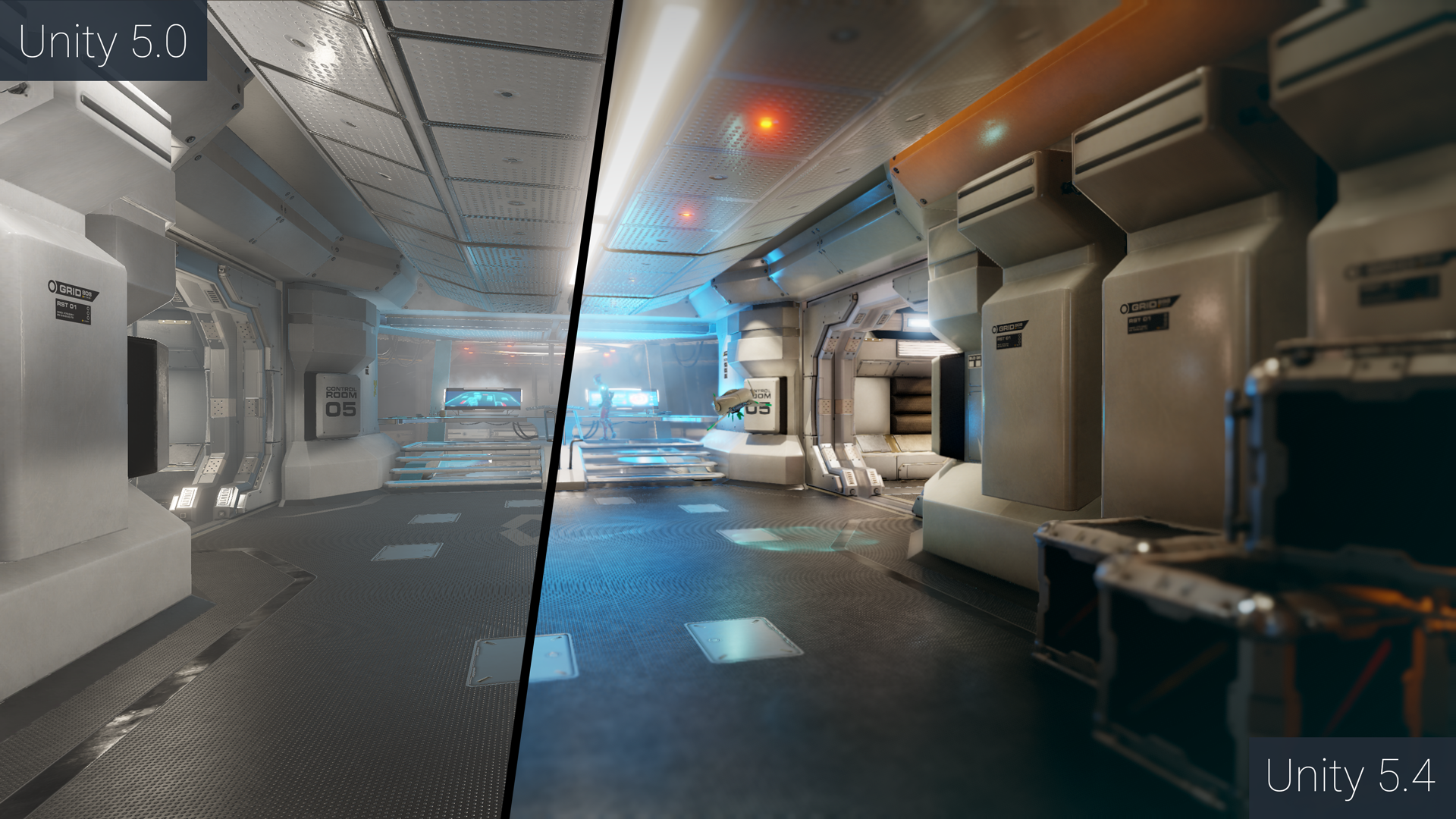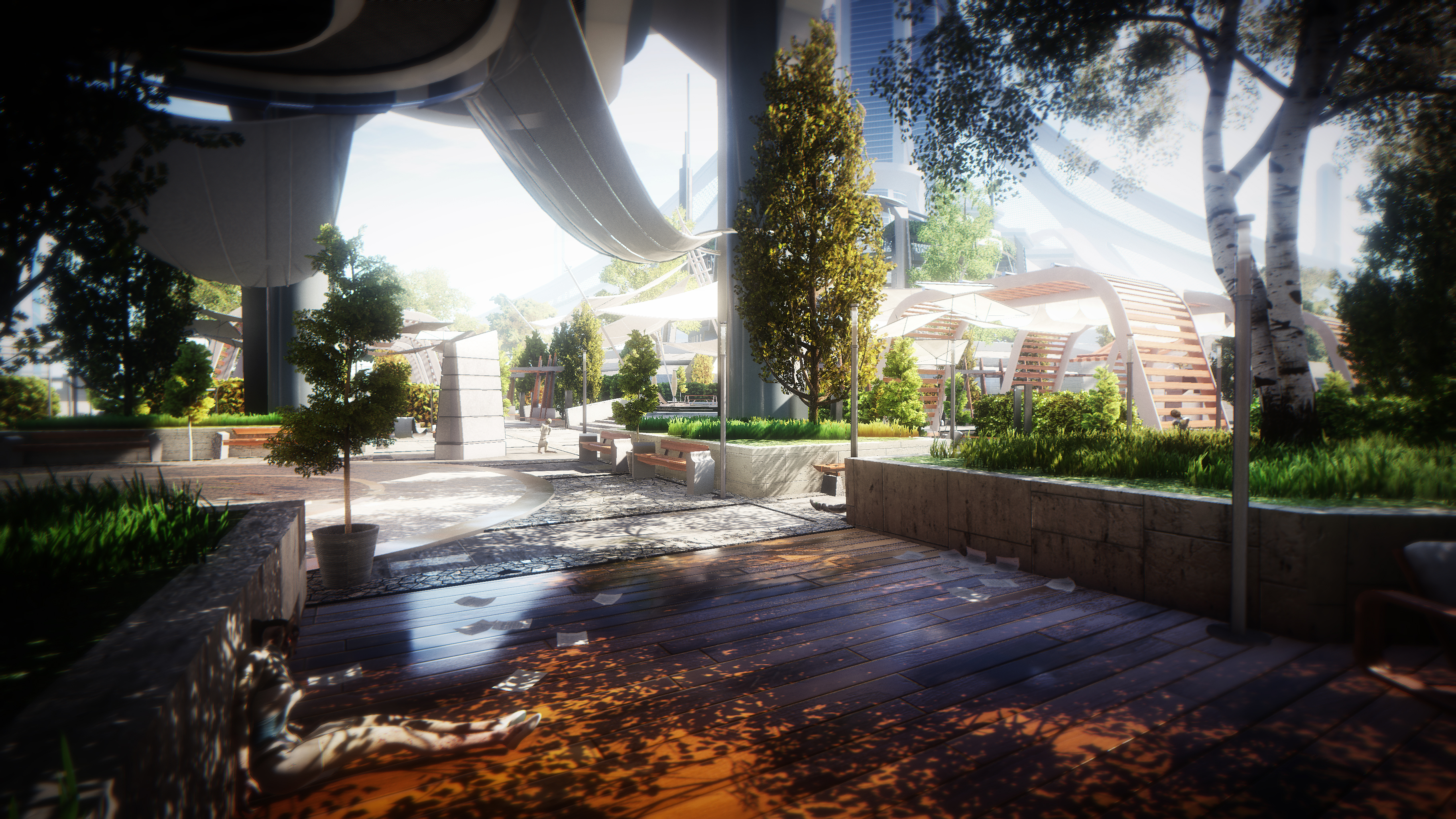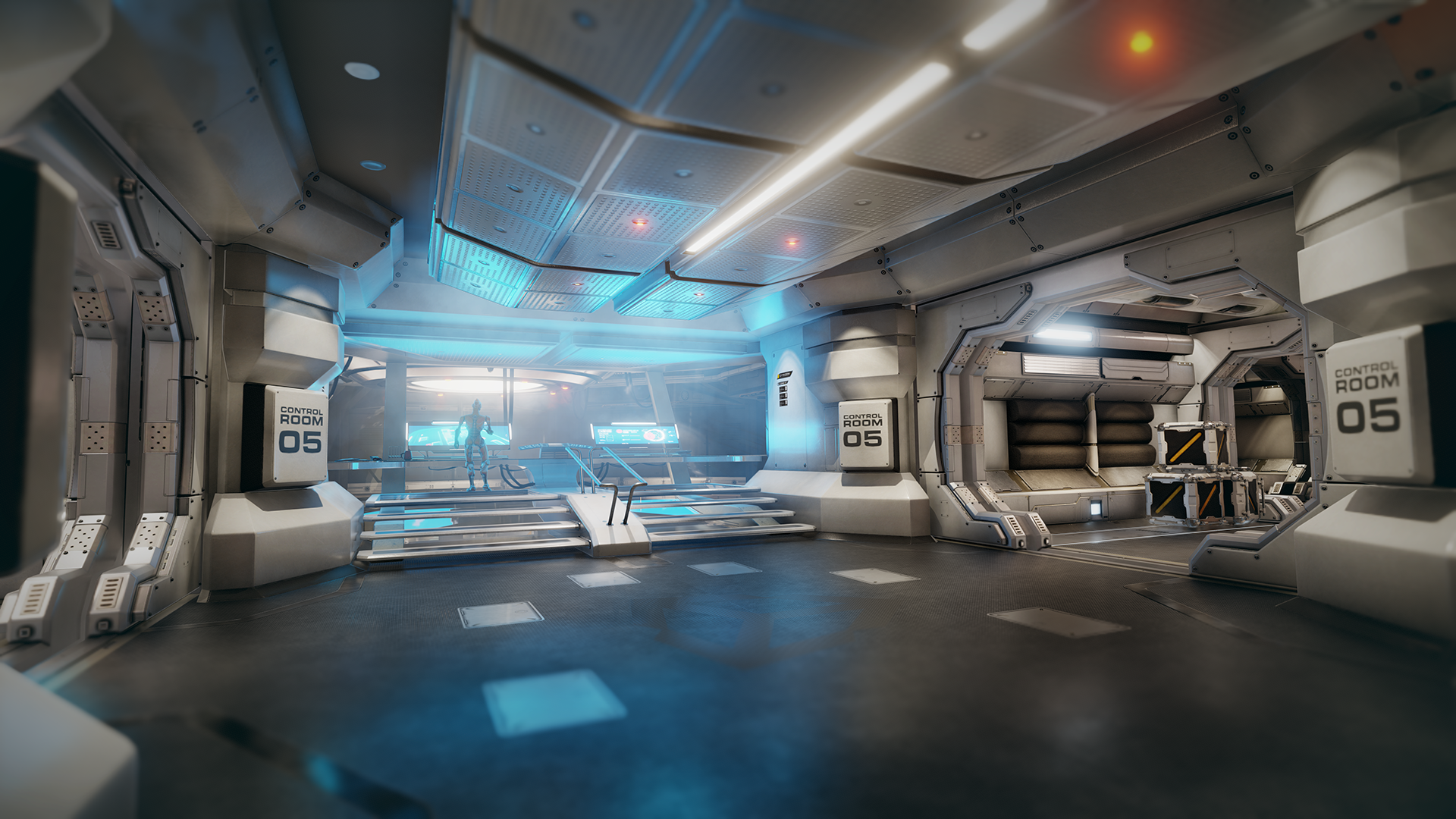Unity Announces Two New Versions, Collaboration Beta, Ray Tracing Plugin, Certification Program
Unity Technologies made some big announcements today at GDC. The company is releasing two versions of Unity, has moved Unity Analytics out of the beta phase, and has introduced the Unity Collaborate closed beta.
Things In (And Out Of) Beta
Unity 5.3.4 is meant for working on software that is approaching launch and requires a stable environment. Unity 5.4 beta is also available, but the company said it is meant for developers that are still in the experimental and prototype phase. Some of the features offered in version 5.4 are still in development and may not be completely stable, but this version offers “new visual features, improved performance, and a major VR rendering upgrade.”
The company noted that “moving forward, beta releases will be made available to personal edition users.”
Unity 5.4 also introduces a new lightmapping tool that integrates PowerVR’s Ray Tracing technology into the engine. The tool will let you create lightmaps in real time, while working, rather than having to pre-calculate lighting.
“We remain focused on democratizing development, solving hard problems and enabling success,” said John Riccitiello, CEO, Unity. “I’m proud of the success that Unity has achieved in the last year. To achieve 30 percent share of the top 1,000 grossing games is unprecedented and a testament to the creativity of developers using Unity.”
In addition to the two new releases of Unity, Unity Technologies announced that the beta for Unity Analytics has come to an end. The company said that Unity Analytics will now be available to all developers, and it is now built right into Unity. Unity Analytics has a feature called Device Intelligence that uses the data that Unity has about the 1.5 billion devices that have connected to the Unity network to help developers decide what hardware to focus their efforts on.
Unity Technologies also announced Unity Collaborate, a new feature that is currently in closed beta. The company said that Unity Collaborate is “a simple way for small teams to save, share, and sync their Unity projects in the cloud.” It's currently accepting applications for Unity Collaborate.
Get Tom's Hardware's best news and in-depth reviews, straight to your inbox.
Unity is supported by a large breadth of platforms, and soon it will support even more. On March 30, Unity for Microsoft HoloLens Tech Preview and Unity for Amazon FireOS will both launch. The company has also added support for Nvidia Gameworks VR and AMD LiquidVR.
Get Certified
Unity Technologies is also launching a new certificate program, the purpose of which is to establish a baseline of industry standard practices for designing games in Unity, and to give companies a way to evaluate a candidate’s knowledge of the platform. Individuals will be able to obtain credentials that certify their skills in Unity.
Unity Technologies created an online learning program called Unity Certified Developer Courseware. It will be available in Q2 2016 and will be direct preparation for the Unity Certified Developer Exam. The company will hold public certification sessions around the world, the first of which is taking place at GDC this week.
“Democratizing development and enabling success are core principles at Unity, and creating a certification program is one of best ways to drive those ideas forward,” said Megan Stewart, Head of Global Education, Unity Technologies. “We’ve developed a program based on learning science, that supports the way educators teach and students learn. This will help create a path to give students marketable, valuable skills, seeding the future workforce of the industry.”
GDC attendees will have the chance to take the exam for $125. The regular price will be $250 for the exam.
Follow Kevin Carbotte @pumcypuhoy. Follow us on Facebook, Google+, RSS, Twitter and YouTube
Kevin Carbotte is a contributing writer for Tom's Hardware who primarily covers VR and AR hardware. He has been writing for us for more than four years.
-
dstarr3 Unity is a really great engine. It's a shame they get so much rough press from all the Steam Greenlight amateurs that use it to make buggy joke simulators and asset flip games with zero effort or creativity.Reply -
bit_user Rats, sounds like the VR plugin is just for developers to compute light maps. With Imaginations continued progress on raytracing hardware, the headline had me hoping it'd be a full-fledged rendering backend.Reply
That's the final piece of the puzzle for raytracing hardware to go mainstream: for the major game engines to add support.


